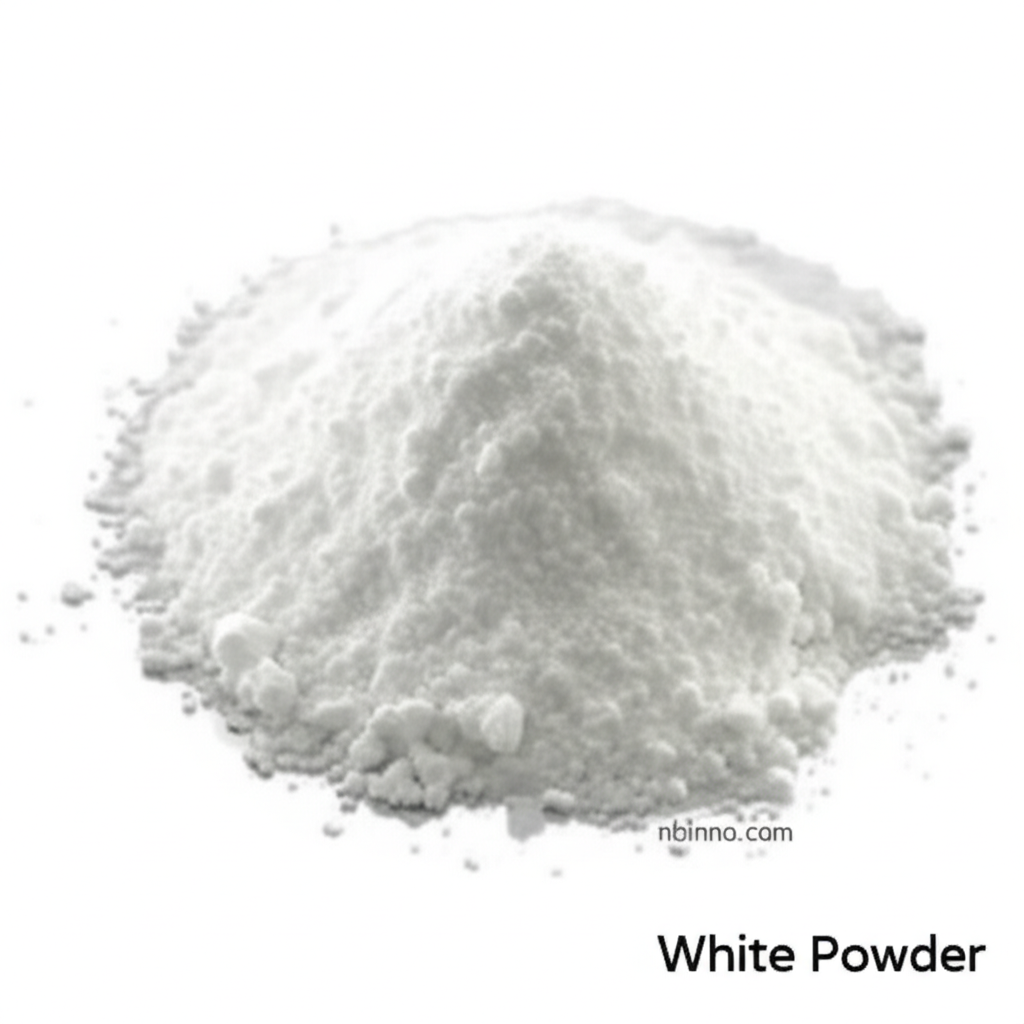P-Toluenesulfonic Acid: A Versatile Organic Acid Catalyst for Synthesis and Industry
Discover the power of PTSA, a strong organic acid revolutionizing chemical synthesis and industrial processes.
Get a Quote & SampleProduct Core Value

p-Toluenesulfonic Acid
P-Toluenesulfonic Acid (PTSA), also known as tosylic acid, is a robust and highly effective organic acid. Its solid form and exceptional solubility in water, alcohols, and other polar solvents make it a convenient choice for a wide array of applications. As a strong organic acid, it offers advantages over mineral acids in certain reactions, providing catalytic activity without oxidation.
- Explore the diverse uses of p-toluenesulfonic acid across various industries, from pharmaceuticals to advanced material science.
- Understand the critical role of PTSA as a pharmaceutical intermediate, enabling the synthesis of complex drug molecules.
- Leverage PTSA as a powerful organic acid catalyst to drive efficient and selective chemical transformations in your research and development.
- Investigate its applications as a resin curing agent, enhancing the properties of polymers and thermoset materials.
Key Advantages
Enhanced Catalytic Activity
PTSA serves as an exceptional organic acid catalyst, facilitating reactions such as acetalization, esterification, and transesterification with high efficiency.
Pharmaceutical Synthesis Efficiency
As a vital pharmaceutical intermediate, PTSA aids in the production of active pharmaceutical ingredients, contributing to the development of life-saving medicines.
Material Science Innovation
Its application as a resin curing agent in the coatings and plastics industries leads to improved material durability and performance.
Key Applications
Organic Synthesis
PTSA is a staple in organic synthesis, acting as a catalyst for esterification, acetalization, and other crucial reactions, making it an indispensable chemical reagent.
Pharmaceuticals & Pesticides
Its role as a pharmaceutical intermediate and in the production of pesticides underscores its importance in health and agriculture.
Coatings & Plastics
In the manufacturing of paints and plastics, PTSA functions as a catalyst and curing agent, contributing to enhanced product quality and longevity.
Textiles & Detergents
The use of PTSA in the textile industry for dyes and in detergents highlights its broad utility in consumer product manufacturing.
